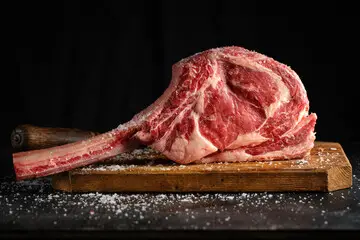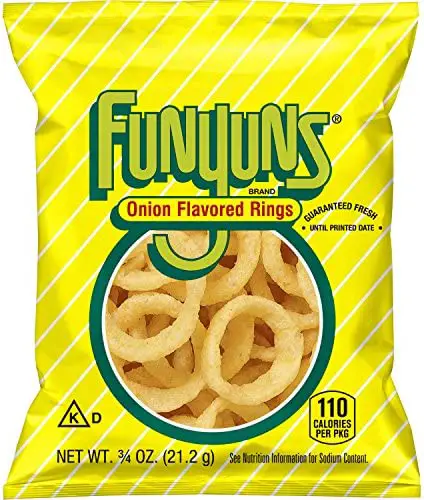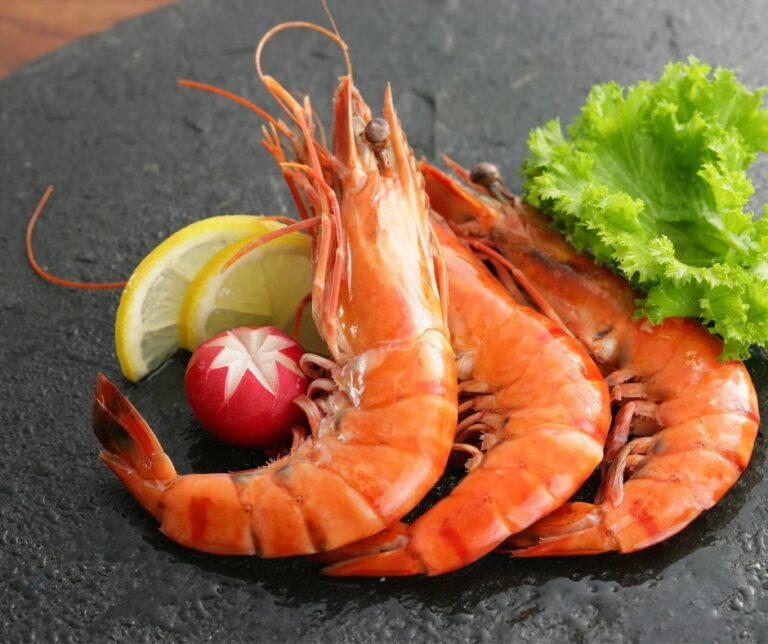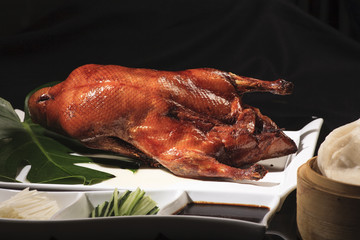
There is a lot of misinformation out there about meat and whether it is permissible to eat certain types of meat. Muslims are guided by the Quran and the Hadith about their total way of life, including the things they consume. So, a lot of scholars analyze certain topics or questions to shed light on confusing notions. One of which is; is Salami halal or haram?
Salami is halal when it is made from any type of meat that has been slaughtered according to Islamic guidelines.
However, it becomes haram if it contains any ingredient that is either not allowed or doubtful in Islam. It is a common misconception that salami is not allowed in Islam. This is because there are many types of salami available in the market, there are those with haram meats, and there are those with halal.
Sources of Salami Meats
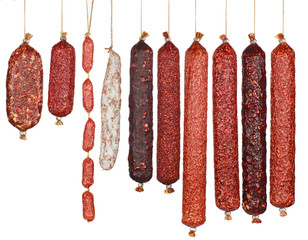
The type of salami you buy will determine which type of meat is used to make it. Different types of meats are used based on the country where it is being made as well as personal preferences. Here are some common types of meat that are used in salami:
Chicken
Chicken salami is made from chicken and spices such as pepper and garlic powder. Chicken salami can be made from either whole chicken or thigh meat. These are both halal because they were slaughtered according to Islamic law.
Lamb
Lamb is considered to be one of the best meats to eat in Islam. It’s highly nutritious, flavorful, and rich in protein and iron. It’s also inexpensive compared to other meats, which makes it an ideal choice for those who want to make their homemade sausages at home.
Turkey
Turkey seems like an unlikely choice for making salami because it doesn’t have much fat content, but that’s precisely why it makes such great sausage. Turkey has a very mild taste and absorbs other flavors easily, so it works well with spices and herbs that might overpower other types of meat. And most importantly, Turkey is accepted as halal meat in Islam and it can be consumed without reservation.
Pork
Pork salamis are generally made from pork shoulder, loin, or ham. The pork may be injected with water/brine for added flavor and moisture as well as flavor enhancers such as MSG. Pork salamis are NOT acceptable for Muslims to consume because they contain pork and its derivatives.
Beef
Beef salamis are generally made from beef trimmings (trimmed fat and connective tissue) that have been ground and stuffed into casings by hand or machine. Some beef salamis do not contain any additives such as phosphates or nitrates but most do contain both of these ingredients which help preserve them and give them their characteristic red color. Beef salamis are acceptable for Muslims to consume as long as they do not contain any pork or its derivatives.
Factors for Choosing Halal Sausages
Halal sausages are one of the most popular food products in the world. They are made from a variety of meats and spices. They can be consumed at any time and any place. Halal sausages are available in different brands, including local, national, and international ones. The following are some factors to consider when choosing halal sausages:
Types of meat
The type of meat used to prepare halal sausages is an important factor to consider when purchasing them. Various types of halal sausages can be purchased depending on your preference or what you like to eat. The most common types of halal sausages include chicken, goat, beef, and lamb varieties.
If you want to purchase halal sausages for religious purposes, then you should buy a product that uses only one type of meat instead of several kinds together in one recipe because mixing different types of meat might not be permissible according to your beliefs or customs.
Other ingredients in the sausage
Some sausages contain pork fat and/or other non-halal ingredients. If you’re looking for a halal sausage, make sure to check if there is any pork or non-halal ingredient added to your sausage. Halal-certified sausages do not contain any pork or non-halal ingredient. If there is any other ingredient added to your sausage then it will not be considered halal sausage.
Is it halal-labeled?
The last thing you should look at when buying a halal sausage is its ingredients. Halal sausages should only contain meat and spices, such as garlic and pepper. They should not contain any other animal products or byproducts or non-halal ingredients such as pork or alcohol. It’s important to check if the food product is halal-labeled before buying it.
This is because many manufacturers market their foods as “halal” when they are not so due to these misleading labels. Some brands of non-halal sausages are also labeled as such on their packaging so you can avoid them if necessary; however, some brands don’t provide this information on their packaging so you’ll need to ask your butcher which brands are certified halal and which aren’t before purchasing any meat products from him or her.
Is Salami Made Without Pork?
There are many different types of salami made without pork, including beef, chicken, and turkey. There are also vegetarian and vegan varieties, but they still have some meat in them. The most common type of salami is made with beef and pork. If you’re looking for a vegetarian option, several brands make salami with no meat at all.
However, these products use animal byproducts like gelatin to bind the ingredients together. They’re also typically made with vegetable oil rather than lard or other animal fats. These products tend to have a shorter shelf life than traditional salamis because they don’t contain preservatives like nitrates and nitrites.
What Can Muslims Eat Salami With?
Salamis with halal meats can be enjoyed by Muslims around the world. Muslims can also eat salami sausage with the following drinks:
Orange Juice: Orange juice is an excellent drink to accompany salami sausage. It helps to bring out the flavor of salami sausage and also prevents constipation caused by too much salami sausage.
Grape Juice: Grape juice is another great option for Muslims who want to enjoy their salami sausage. The sugar content in grape juice helps to counteract the saltiness of salami sausage and is also a great source of Vitamin C which is known to improve mental health.
Milk: Milk is another popular drink among Muslims who enjoy eating salami sausage. Milk provides many essential nutrients like calcium, vitamin A, B12, and B2 that help to boost brain function and prevent constipation caused by too much salami sausage consumption.
Coffee: Coffee is another popular drink among Muslims who enjoy eating salami sausage because it helps them to stay alert when they are studying or working late into the night. Coffee also provides caffeine which has been linked with improved mental health and concentration levels, making it ideal for people who consume large amounts of Salami Sausage daily.
Takeaway
In conclusion, there seem to be a lot of debates regarding the issue of Salami and its legality in Islam. In reality, all types of meat are allowed if they are not Haram, and since they have the condition of being Halal, it is permissible to use them.

Hi, I’m Iolanda I am a mother of two and know how to whip up satisfying dishes for friends and family in a seemingly effortless way. The blog goal is reader-oriented, So We are always looking for the newest information about the best products on the market to offer product reviews and tutorials to assist users.Have Fun on The Website

